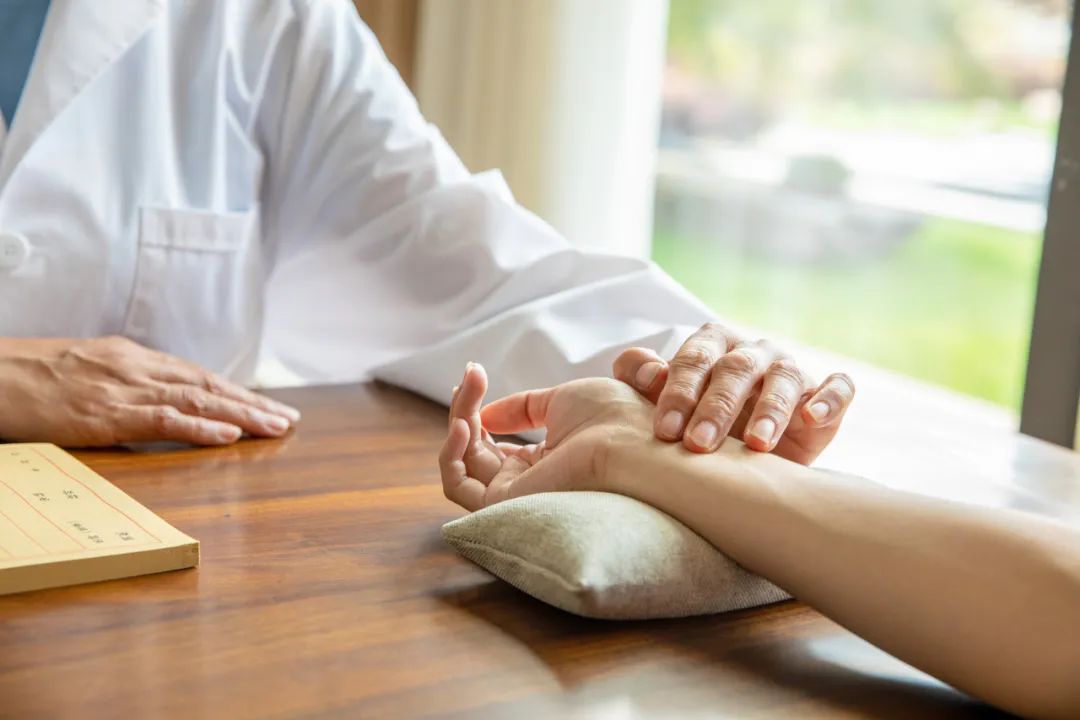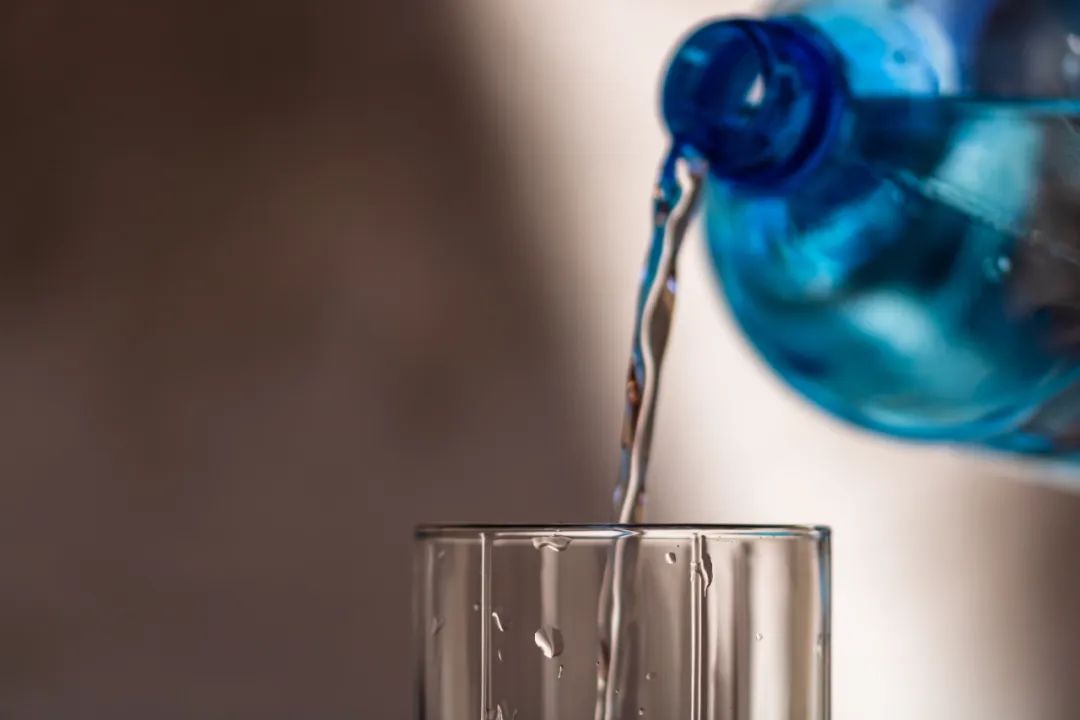“To know by observation is called spirit, to know by hearing is called sage, to know by inquiry is called skill, and to know by palpation is called cleverness.” Traditional Chinese Medicine (TCM) emphasizes the integration of the four diagnostic methods: observation, listening, inquiry, and palpation. When discussing TCM inquiry, one must mention the “Ten Questions Song” which states: “First ask about cold and heat, second ask about sweating, third ask about head and body, fourth ask about bowel movements, fifth ask about diet, sixth ask about chest and abdomen, seventh ask about hearing, eighth ask about thirst, ninth ask about past illnesses, and tenth ask about causes. Additionally, for women, it is essential to inquire about menstrual cycles, whether they are delayed, rapid, or have abnormal bleeding. For children, inquire about smallpox and measles, which are all significant indicators.” This summarizes the essentials of TCM inquiry, reminding practitioners to conduct a comprehensive analysis through the four diagnostic methods to determine the patient’s condition. The public can learn about TCM inquiry through the “Ten Questions Song,” which provides guidance for seeking medical help.

First Ask About Cold and HeatInquiry on Cold and Heat:Cold and heat are important indicators for distinguishing the nature of the patient’s pathogenic factors and the balance of Yin and Yang in the body. “Inquiry on cold and heat” refers to asking the patient whether they feel cold or hot. “Cold” can be categorized as: feeling cold when exposed to wind, known as aversion to wind; feeling cold and needing more clothing or warmth from fire without relief, known as aversion to cold; if warmth from clothing or fire provides relief, it is termed fear of cold. “Heat” includes elevated body temperature or normal temperature with a subjective feeling of heat in the body or localized areas.TCM further classifies conditions based on the relationship between cold and heat to finely differentiate diseases. Patients can also assess their symptoms based on the following manifestations: simultaneous aversion to cold and fever indicates both conditions are present; feeling cold without fever is termed cold without heat; feeling hot without fear of cold is termed heat without cold; alternating cold and heat indicates the two conditions occur in succession.Inquiry on Sweating:Sweating reflects changes in the body’s Yin and Yang as well as the exterior and interior. “Inquiry on sweating” primarily examines whether the patient sweats, the location, timing, and quantity of sweat.Exterior Syndrome and Sweating: Absence of sweating in exterior syndrome often indicates an external invasion of wind-cold; presence of sweating indicates either exterior deficiency or exterior heat syndrome.Interior Syndrome and Sweating: Continuous sweating that worsens with movement indicates spontaneous sweating, often due to Yang deficiency; sweating during sleep that stops upon waking indicates night sweats, commonly associated with Yin deficiency and internal heat; profuse sweating with a hot body often indicates intense internal heat; initial aversion to cold followed by profuse sweating indicates sweating due to a febrile disease; sweating with heat, agitation, and a rapid pulse indicates a critical condition of excess pathogenic factors and deficient righteous Qi.Localized Sweating: Sweating on the head may be due to Yang heat or damp-heat; sweating on the forehead with a weak pulse indicates a critical state of scattered Yang; sweating on one side of the body often indicates the affected side, possibly due to phlegm-damp or wind-damp obstruction, or disharmony of Ying and Wei, or a stroke; excessive sweating on the palms and soles is often due to spleen-stomach damp-heat or heat in the Yin channels.Second Ask About Head and Body, Fourth Ask About Bowel MovementsInquiry on Head and Body:Headaches can be classified as deficiency or excess. Symptoms like head distension, stabbing pain, or fixed pain are often excess conditions; empty pain or dull pain in the head is often a deficiency condition. Dizziness can also be classified as deficiency or excess, with excess conditions often caused by liver fire, phlegm-damp, or blood stasis, while deficiency conditions are often due to Qi and blood deficiency or kidney deficiency.When experiencing headaches or dizziness, there are often accompanying symptoms that can help differentiate between cold, heat, deficiency, and excess. The body and limbs reflect the pathways of the twelve meridians and the flow of Qi and blood, so abnormalities in these areas also indicate the cold, heat, deficiency, or excess of diseases. If one feels heavy and fatigued, accompanied by a greasy tongue coating, it is often due to dampness; if feeling heavy and fatigued, it is often due to the lack of nourishment in the muscles and tendons.Inquiry on Bowel Movements:“The two excretions are the gateways of the body.” The excretion of stool is closely related to the spleen and stomach’s ability to receive and transform, the warming function of kidney Yang, the liver’s regulation, and the descending function of spleen Qi. The excretion of urine is related to the kidney’s Qi transformation, the spleen’s transportation, the lung’s descending function, and the regulation of the San Jiao. Therefore, “the two excretions are the gateways of the body; whether due to internal injury or external invasion, one must observe these to differentiate between cold, heat, deficiency, and excess.”Clinically, inquiry about the two excretions mainly involves asking about the frequency, volume, characteristics, color, odor, timing, sensations during excretion, and any accompanying symptoms. Changes in these aspects can indicate the evolution of cold, heat, deficiency, and excess. If abnormalities are found, they must be taken seriously. For example, yellow and scanty urine often indicates heat syndrome; clear and abundant urine often indicates cold syndrome. Constipation can be classified based on cold, heat, deficiency, and excess: excess heat often presents with abdominal distension, pain upon palpation, and a yellow, dry tongue coating; excess cold often presents with abdominal pain upon palpation and a white tongue coating, indicating cold obstructing Yang Qi and blocking the bowel Qi. Diarrhea also has distinctions of cold, heat, deficiency, and excess: damp-heat diarrhea may present with explosive diarrhea, foul-smelling stools, abdominal pain, borborygmi, and a feeling of urgency; cold-damp diarrhea may present with watery stools, light yellow color, and a foul odor; food stagnation diarrhea may present with alternating vomiting and diarrhea, with sour-smelling vomit and foul stools; spleen deficiency diarrhea may present with undigested food in stools, thin and watery stools, and prolonged duration; early morning abdominal pain with diarrhea, which resolves after defecation, is often due to kidney Yang deficiency diarrhea, also known as “five o’clock diarrhea”; a feeling of heaviness in the anus, or even prolapse, is often due to sinking of the middle Qi.

Fifth Ask About Diet, Sixth Ask About Chest and AbdomenInquiry on Diet:The spleen and stomach are among the most important organs in the human body, serving as the source of Qi and blood. All nutrients necessary for growth, development, and sustaining life depend on the spleen and stomach. Once the function of the spleen and stomach is impaired, the health of the body, metabolism, and circulation of Qi and blood will be severely affected.Those who eat little or have poor digestion may have spleen and stomach Qi deficiency, internal injury from food stagnation, or dampness obstructing the spleen; those who frequently experience aversion to food, abdominal distension, belching, or acid reflux often have digestive issues; those who prefer hot food or feel full and bloated after meals often have spleen and stomach Yang deficiency; aversion to greasy foods, with rib-side distension and nausea, may indicate liver-gallbladder damp-heat or rebellious Qi invading the stomach; those who feel hungry after eating often have excessive stomach fire, possibly accompanied by increased thirst and urination, indicating diabetes; those who feel no desire to eat when hungry often have insufficient stomach Yin; those who vomit immediately after eating, with force, often have excess fire in the stomach; those who vomit in the morning and have diarrhea in the evening may have spleen and stomach Yang deficiency; difficulty swallowing or a feeling of obstruction in the chest may indicate esophageal obstruction syndrome.Inquiry on Chest and Abdomen:The chest, or the zhong (中), connects the heart and lungs above and communicates with the internal organs below. Many diseases are related to the chest and abdomen, and “inquiry on the chest and abdomen” primarily differentiates organ-related syndromes, including chest tightness, palpitations, rib-side distension, and abdominal distension.Chest tightness is often related to Qi stagnation in the heart and lungs or is associated with cold, heat, deficiency, or excess; palpitations are often due to changes in the heart or spirit; rib-side distension is often due to liver-gallbladder and their meridians being affected; abdominal distension is often due to Qi stagnation.Seventh Ask About Hearing, Eighth Ask About ThirstInquiry on Hearing:In TCM, practitioners often ask patients: “Do you experience tinnitus or hearing loss?”TCM texts state: “The ear, though associated with the Shaoyang meridian, is fundamentally governed by the kidneys and is where the ancestral Qi converges. Inquiry about it not only helps differentiate deficiency and excess but also provides insight into life and death.” If a patient experiences slight hearing loss or dullness, it is termed heavy hearing; significant hearing loss or complete deafness is termed deafness; a subjective perception of sound in the ear is termed tinnitus. Tinnitus and deafness can be caused by kidney deficiency or may be due to liver fire or damp-heat in the liver meridian. Kidney deficiency is often accompanied by soreness in the lower back and knees, and frequent clear urination at night.Inquiry on Thirst:When patients visit, TCM practitioners often ask: “How is your water intake? Do you often feel thirsty?”Thirst is primarily due to insufficient body fluids or obstruction in the distribution of body fluids. TCM believes that “inquiry about thirst and lack of thirst can help observe the internal conditions of cold and heat, and the differentiation of deficiency and excess can also be seen from this.” During inquiry, practitioners pay attention to whether the patient feels thirsty, how much they drink, their preference for hot or cold drinks, and any other symptoms.Thirst may indicate damage to body fluids or internal stagnation of dampness; extreme thirst with a preference for cold drinks indicates excessive heat damaging body fluids; little thirst or vomiting after drinking may indicate phlegm-damp or internal damp-heat; thirst with a desire to rinse the mouth but not swallow, along with excessive thirst and urination, may indicate diabetes.

Ninth Ask About Past Illnesses, Tenth Ask About CausesInquiry on Past Illnesses:“Have you had similar conditions before? Is there a family history? Are there any known allergies to medications?” Inquiring about past illnesses is an important way to gather information about the patient’s condition, which can reveal the causes, disease progression, and family history.Doctors inquire about past illnesses to see if the current symptoms are related to previous conditions or family history. If a patient is generally healthy, their current illness is often an excess condition; if they are weak, their illness is often a deficiency condition; if they are usually Yang deficient and fear cold, their illness is often a cold condition; if they are Yin deficient, their illness is often a heat condition.Inquiry on Causes:“Inquiry on causes” refers to the doctor’s effort to identify potential causes of the disease through questioning, to facilitate differential diagnosis and appropriate treatment.In general, if the cause of the disease is cold, it is often a cold condition, and treatment typically involves warming herbs; if the cause is heat, it is often a heat condition, and treatment typically involves cooling herbs. Additionally, if patients experience adverse reactions during medication, they should communicate with their doctor promptly to adjust their treatment.In addition to routine inquiries, women should also be asked about menstruation, discharge, pregnancy, and childbirth, as well as children’s conditions before and after birth, vaccination history, and any history of infectious diseases such as measles or chickenpox.TCM inquiry is rich in content, and this article only highlights common aspects of daily life. For more complex situations, it is still recommended to seek treatment at a reputable hospital.⊙ Source: China Traditional Chinese Medicine News, Health China WeChat, etc. Article adapted from: China Traditional Chinese Medicine.

— THE END —
⊙This article is reproduced from the internet for reference only, copyright belongs to the original author. If there are any objections, please inform us for timely deletion.
⊙The various prescriptions or therapies mentioned in this article should be consulted with a physician and should not be used blindly. This platform does not bear any responsibility for any consequences!
Recommended Courses
“If the spleen and stomach are not well, look to the left hand; if the liver is not well, look to the right hand! Blood stasis on the face is a blemish, while blood stasis in the body is a disease! A single technique to invigorate blood and resolve stasis can treat both disease and blemishes!”

